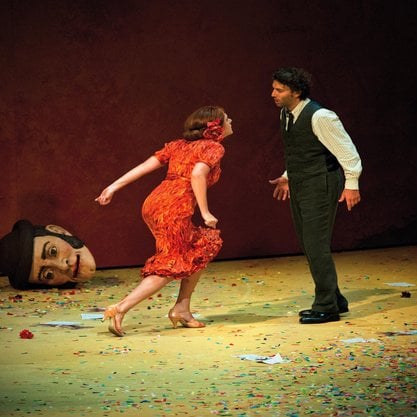Article
Gregory, Augusta (1852–1932) By Pine, Emilie
Article
Born Isabella Augusta Persse in County Galway, Ireland in 1852, Lady Augusta Gregory was a playwright, folklore collector, essayist, and co-founder of the Abbey Theatre. Following the death of husband Sir William Gregory of Coole Park in 1892, she became a leading member of the Irish Revival, working to establish Irish culture as an alternative to colonial culture and rule. To this end, she published several collections of Irish folklore and established a branch of the Gaelic League at her home at Coole in the west of Ireland. In addition, Gregory hosted and fostered writers at her home in Coole Park, which became a site of meeting and inspiration for writers, including William Butler Yeats, John Millington Synge, George Bernard Shaw, George Russell, and Sean O’Casey. Her most significant contribution to Irish cultural life was through her collaboration with W. B. Yeats, with whom she and Edward Martyn established the Irish Literary Theatre in 1899. Gregory also co-wrote Kathleen ni Houlihan (1902) with Yeats, and the two launched the Abbey Theatre in Dublin in 1904, together with J. M. Synge. Gregory wrote plays for the Abbey stage and piloted its development as one of the nation’s most important institutions, overseeing productions of key works by J. M. Synge, George Bernard Shaw, and Sean O’Casey.



